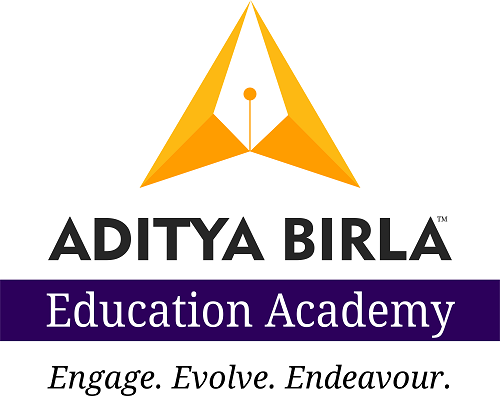Despite the evolving concept of inclusion and continued movement toward inclusive practices in mainstream education, research shows that teachers have a less than positive attitude towards inclusion of students with learning barriers and disabilities in general education classrooms. And, we know that this is the very same population of students that are most vulnerable to being excluded in the social and learning context in a mainstream setting.
Further research shows that in most cases the reason for this attitude from teachers is not because of lack of alignment or the want to support, but because of “feeling under prepared”. Most teachers in a research study conducted by National Center for Learning Disabilities and Understood, shared that they felt under prepared in involving students in a conventional curriculum setting. They also had misconceptions about understanding the source of challenges and low student expectations. The study also clearly suggests that teachers require more professional development to help them with better understanding of the needs and strategies to support diverse learners. Engaging teachers with contemporary models of differentiated instruction and assessment where curricular adaptations and access to different learners will enable them to understand that all learners can achieve- not always in the same way or within the same time frame and that is perfectly acceptable.
Also the need for such teacher workshops arises because of the limitations of many current teacher training programs which may not include teaching for inclusion of all learners and specifically those who may be disadvantaged because of barriers such as learning disabilities. In many certificates the training for special needs is covered as an additional elective rather than a necessary component for all teachers in a classroom who they feel that such services to students with disabilities then becomes the focus of trained special educators. This goes against the very grain of inclusion and adopts a more segregated approach. With this orientation, there are seldom integration opportunities where all students learn together and benefit in a common classroom. Training mainstream teachers in this integration model using frameworks that support access to all learners such as UDL and differentiated instruction is critical. Also in busting misconceptions such as lowered outcomes for other students or teaching to the average.
A majority of teachers are highly interested in learning how to reach struggling learners. While providing the right kind of focussed training where teachers develop the knowledge and skills is required, there is also a critical need to build on the teachers’ sense of self-efficacy which is best attained via practical hands-on approach to training (workshop model) that models best practice and helps set up collaborative learning platforms for peer sharing and learning. This will most likely enable teachers to take learnings from such workshops into the classroom.
But to truly move the needle on student achievement, teachers can’t do it alone. Policymakers, leaders, school heads, general and special educators, and caregivers need to break the silos and work together. Teachers training workshops should engage leaders, teachers and special educators in understanding their role in supporting the shield in the classroom.
Ending off with a quote which summarises it aptly-
Inclusion requires the teacher to believe that all students have something important to offer in the classroom and we really are better off learning together.
-Beth Foraker
Also read: 10 reasons why online seminars offered by ABEA are beneficial for teachers
Why is an educators upskill program important? Find the best online seminar for teachers
Aditya Birla Education Academy focuses on providing educators with learning opportunities to pursue their ambitions and boost their career growth.







